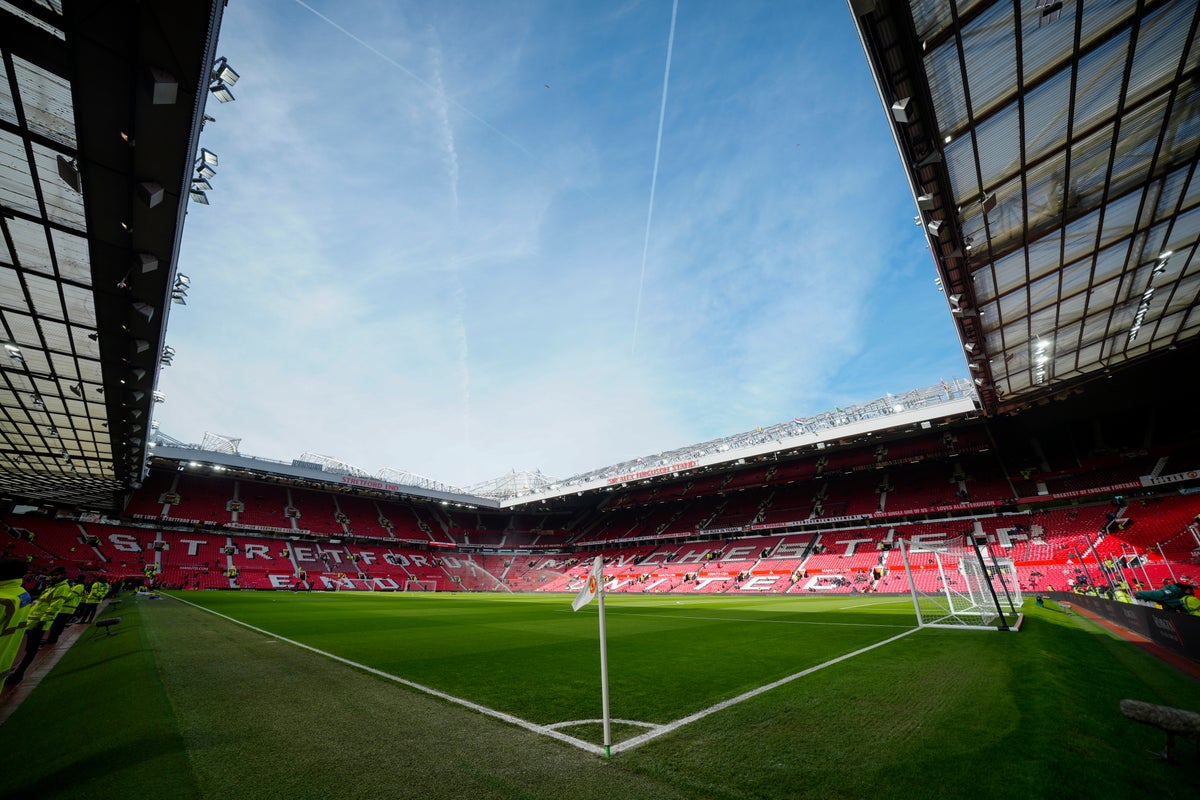
Manchester United have announced record revenues of £648.4m for the last financial year and expect to bring in even more revenue this season.
But they made a net loss of £28.7m, despite cutting their wage bill by £52.8m – partly because they were not in the Champions League but also for a season when the best-paid player, Cristiano Ronaldo, left part way through the campaign – after expensive transfers.
Their accounts cover a 12-month period ending on 30 June, in which they signed Mason Mount this summer but also made the expensive purchases of Casemiro, for £63m, and Antony, for £86m, in 2022.
United paid out £331.4m in salaries to their players last season, a sum that is likely to rise for the current financial year because salaries are raised when they are competing in the Champions League.
With the added income of playing in Europe’s premier continental competition, United anticipate a revenue of between £650m and £680m this year.
United also said that, for the first time since 2016, no dividends were paid to the owners, the Glazer family. The club’s debt remains at £538m while they also owe an additional £106m with a revolving credit facility. United paid £21.4m in net finance costs over the 12 months – down £40.8m, partly due to a change in exchange rates.
United’s broadcasting revenue dropped £5.8m last season as they counted the cost of playing in the Europa League, a consequence of a sixth-place finish in the Premier League in 2021/22.
But their commercial revenue reached a new high of £302.9m, up £45.1m, which was driven by a £41.6m rise in sponsorship income. United have since signed a 10-year £900m kit deal with Adidas, which is likely to lead to a further increase in commercial revenue.
United’s matchday revenue also went up by £25.9m to £136.4m, aided by a host of home games during their runs to the FA and Carabao Cup finals.
For much of the last year, United have been for sale, with Sir Jim Ratcliffe and Ineos expected to take a 25 per cent stake in the club.







